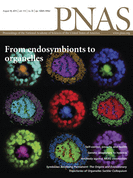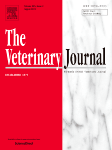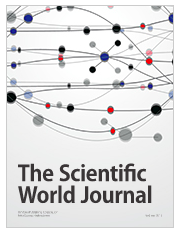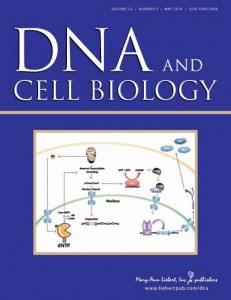Two weeks after Nature Communications published a paper on asymmetric cell division in July, it posted a retraction notice saying the paper was submitted “without the knowledge or consent” of all but the corresponding author.
The following day the journal “amended” the retraction note to include the initials of the corresponding author, Aicha Metchat, then based at European Molecular Biology Laboratory in Heidelberg, Germany.
The final notice for “An actin-dependent spindle position checkpoint ensures the asymmetric division in mouse oocytes” reads:
Continue reading Author appeals retraction after co-authors dispute Nature Comm paper









